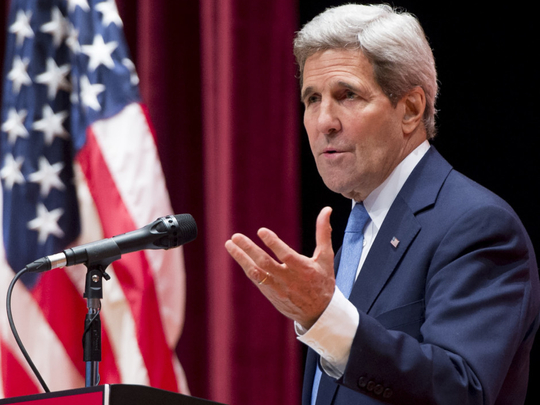
Kerry helped free US ‘spies’ in Ukraine
Some of the biggest names in media have conceded that they are neither large enough nor strong enough to thrive as independent digital publishers

Some of the biggest names in media have conceded that they are neither large enough nor strong enough to thrive as independent digital publishers
